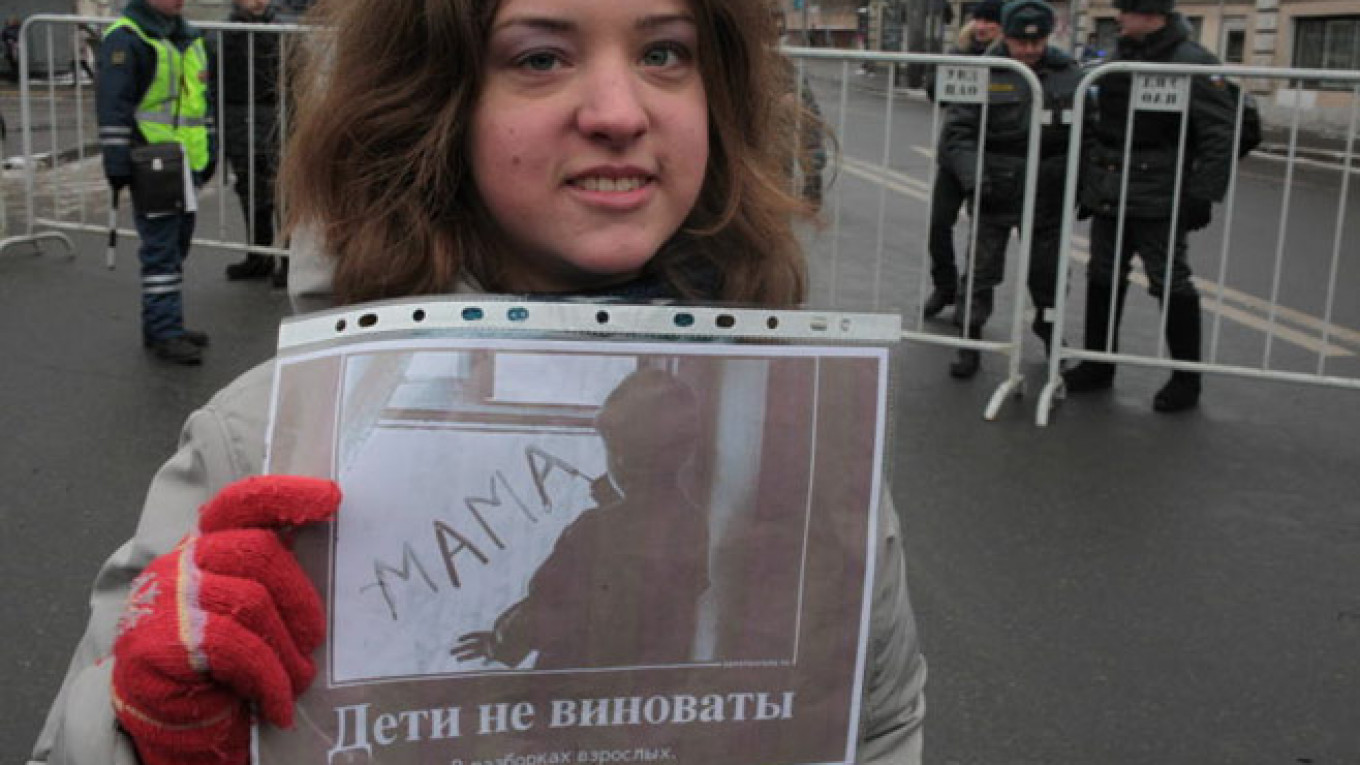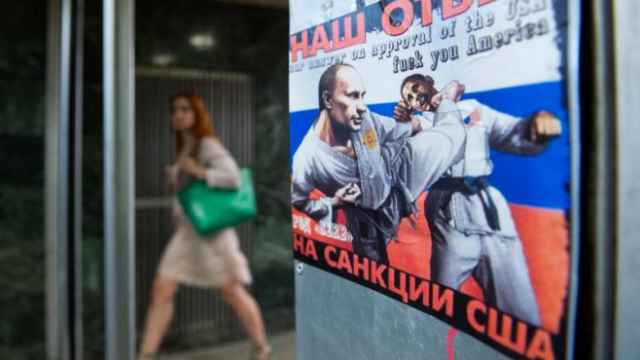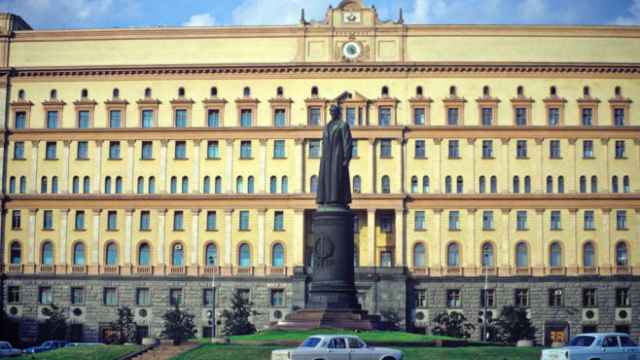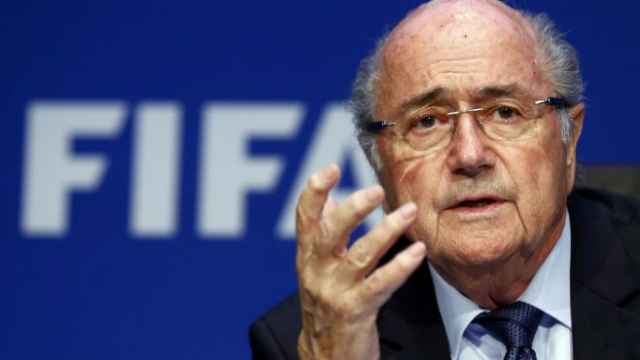Budget cuts and inadequate incentives for local officials might threaten reforms on Russian orphanages, including the transition to a "family" form of upbringing and the children's public school education. A new resolution recently came into force that reorganizes institutions for children without parental care.
Barrack-style arrangements with large groups of children of the same age should become a thing of the past. The order calls for replacing them with apartment-style accommodations in which small groups of children of differing ages will live together as a single "family" — up to six children younger than 4 along with up to eight older children.
An adult "houseparent" or caretaker must also attend to them at all times. In addition, the orphans now have the right to live at no charge in the orphanages or other government institutions for children until the age of 23.
The current reorganization of Russia's orphanages — which held more than 72,500 children in 2014 according to the site usynovite.ru — marks a rare instance when the Health Ministry, Education and Science Ministry, and Labor Ministry worked together to solve a complex problem. What's more, they took into account the opinions of experts and social activists involved in helping orphans.
The state now sheds its Soviet-era role as the children's main caregiver and teacher, instead instructing the orphanages to focus on returning the children to their biological parents or finding foster parents and guardians for them. Some orphanages have successfully made the transition to the new model, but the sheer scale of the task has caused many more to run into difficulties.
According to Volunteers Helping Orphans charitable foundation president Yelena Alshanskaya, the current reforms were originally developed back when Russia's economy was booming. Now, budget deficits have made it difficult for regional authorities to obtain enough funding to convert orphanages to the new apartment-style family accommodations and to provide the needed training to staff.
Some oppose the changes: the government pays much more to care for a parentless child in an orphanage than it would provide in subsidies to adoptive parents or professional foster families. Worse, many orphanage directors view their wards as "resources" for attracting government funding.
Russia's negative demographic trend led to the closure of a number of Soviet-era orphanages, but that process has accelerated in the last two to three years. The state's order to convert orphanages to family-style groupings of children initially coincided with plans to optimize expenses at all government-funded institutions.
Local officials earned accolades for closing orphanages — either because the so-called "Dima Yakovlev" law banning U.S. parents from adopting Russian orphans prompted officials to show that Russians had become more active in adopting the children, or because it fell in line with the overall restructuring of education and health care in this country. Over the past year, the economic crisis has only added further impetus to the closures.
The problem is that, whereas officials previously closed orphanages as a form of bureaucratic corruption, they now do so for the equally base motive of saving money and balancing their bottom lines. Orphanages have begun giving children to adoptive parents with only minimal preparation or review, only to see those unequipped parents ultimately return the children to the orphanage.
Pavel Aptekar is a historian and commentator for Vedomosti. This comment originally appeared in Vedomosti.
A Message from The Moscow Times:
Dear readers,
We are facing unprecedented challenges. Russia's Prosecutor General's Office has designated The Moscow Times as an "undesirable" organization, criminalizing our work and putting our staff at risk of prosecution. This follows our earlier unjust labeling as a "foreign agent."
These actions are direct attempts to silence independent journalism in Russia. The authorities claim our work "discredits the decisions of the Russian leadership." We see things differently: we strive to provide accurate, unbiased reporting on Russia.
We, the journalists of The Moscow Times, refuse to be silenced. But to continue our work, we need your help.
Your support, no matter how small, makes a world of difference. If you can, please support us monthly starting from just $2. It's quick to set up, and every contribution makes a significant impact.
By supporting The Moscow Times, you're defending open, independent journalism in the face of repression. Thank you for standing with us.
Remind me later.







